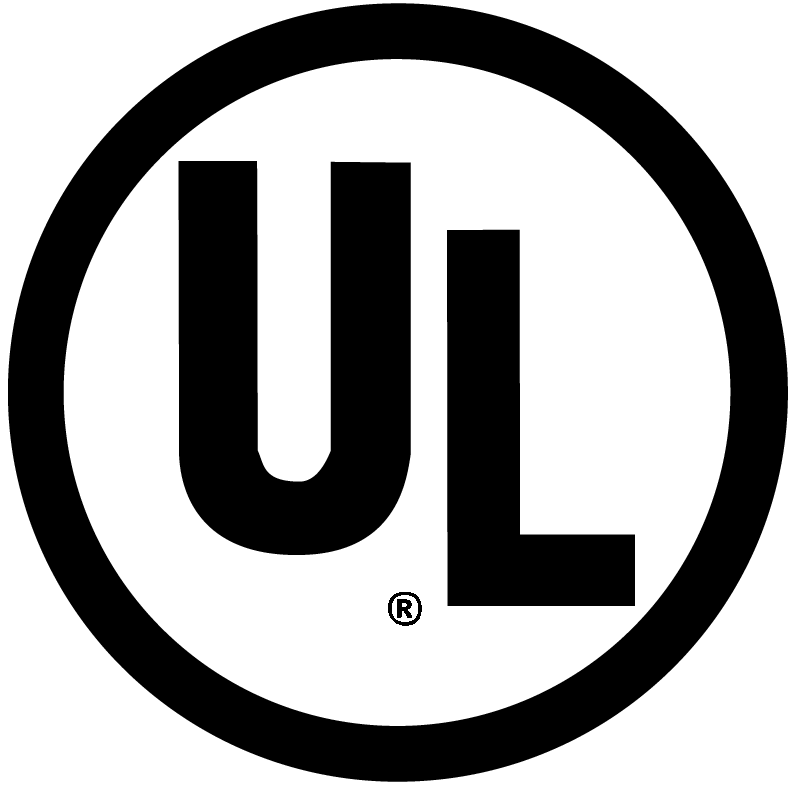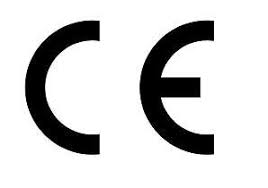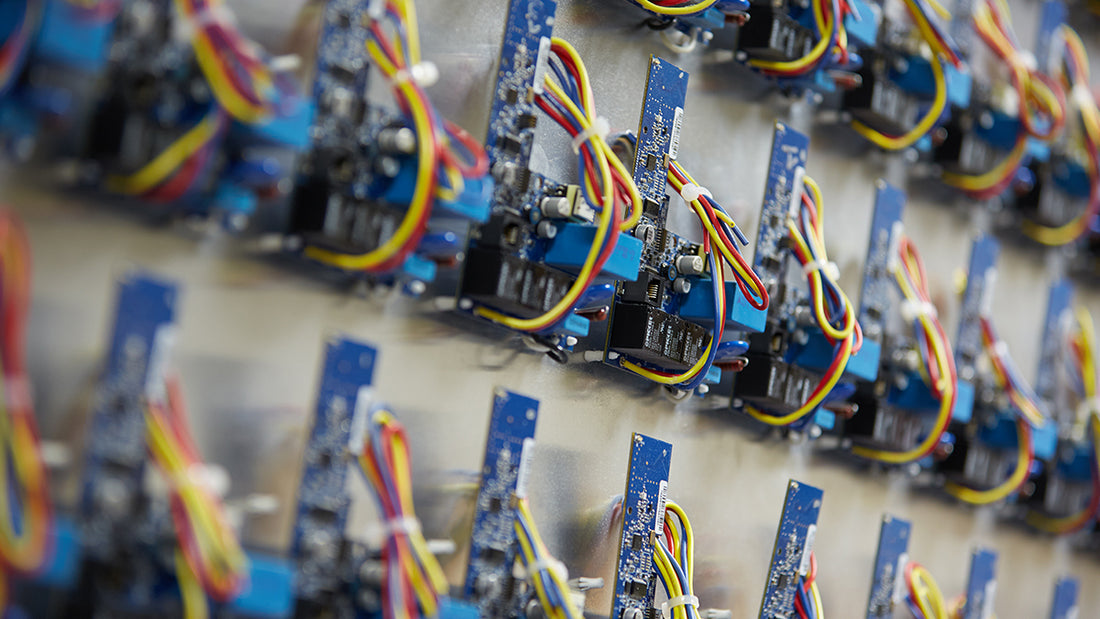We’ve all been there- tempted by those almost too-good-to-be-true value-priced alternatives when shopping for electronics and appliances online. You know the ones that look exactly like the leading brand names and feature the same specifications for a fraction of the price? Sometimes you can get lucky and score a deal on a knock-off product that works just fine. Other times you end up with a sub-par product that at best, doesn’t operate reliably, or at worst, could cause serious bodily harm or even start a fire. How can you tell if you’re dealing with a quality product? The presence of product certifications is an important clue.
What are product certifications?
Put simply, product certification is the process of validating a product’s quality, safety and/or performance through testing by an objective and qualified third party. After a product receives a certification from a qualified test lab, a specific certification mark is issued for the inclusion on the product as proof of its safety and reliability. Certification marks also exist for national and international requirements, energy efficiency, sustainability, chemical safety, recyclability and much more.
Why are certifications important?
In addition to serving as a benchmark of safety and performance, product certifications are an indicator that the manufacturer of the product has confidence in, stands behind, and cares about the safety of what they’re selling into the marketplace. Subjecting a product to the certification process makes good business sense, too. Products that have been tested and certified for safety can protect a manufacturer against potential liability should it be associated in a situation resulting in injury or loss of property.
Uncertified products cut corners to keep their costs as low as possible, such as using sub-standard components that would fail quality and safety standards, if tested. Since lighting and power products have direct implications on personal safety, energy efficiency, recyclability, sustainability and foreign trade, LightCorp products are subject to several product certifications.
Who is responsible for electrical product safety?
Light and power product safety in the United States is regulated by three organizations:
- the Consumer Product Safety Commission (CPSC),
- the National Electrical Code (NEC), and
- the U.S. Department of Labor’s Occupational Health and Safety Administration (OSHA).
All three entities work to reduce the risk of injuries and casualties from consumer products by developing, issuing and enforcing industry codes and standards to protect the public. In addition, OSHA certifies and relies on private, qualified test facilities who share their rigorous safety qualification criteria and are recognized as authorities in product safety. These test labs, known as Nationally Recognized Testing Laboratories (NRTL), are the actual parties that issue product certifications. There are currently 20 NRTLs that certify products in the United States.
What kinds of safety and quality certifications does LightCorp hold?
 |
Underwriters Laboratories (UL) |
UL was the first company to create many of the standards that apply to our products and remains one of the most trusted and recognized marks of electrical component safety. Specifically pertaining to lighting category, LightCorp product complies with the following UL Standards: UL 8750, UL 153, and UL 2108 |
 |
Intertek/ETL | Formerly known as Edison Testing Laboratories (ETL), the Intertek mark is proof of a product’s electrical compliance to UL standards. All LightCorp products are either UL- or ETL-Listed to the appropriate UL Standard. |
 |
Canadian Standards Association (CSA) | CSA is the Canadian counterpart to UL and its standards can either harmonize, or supplement the UL Standard. Its mark is designated by the appearance of the small 'c' to the left of the UL mark. The following CSA Standards are relative to LightCorp products: CSA C22.2; No. 250.4 and No. 9 |
 |
Conformitè Europëenne (CE) |
The CE mark is a manufacturer’s way to self-certify that the products have met specific EU Directives for health, safety and environmental requirements that ensure consumer and workplace safety within the European Union (EU) countries. |
 |
Federal Communications Commission (FCC) | A product marked with the FCC designation certifies that the electromagnetic interference from the device complies with the limits of radio frequency emissions set forth by the Federal Communications Commission. This certification is also known as ICES in Canada. All LightCorp products are FCC approved under the standard FCC Part 15 Class B and ICES-005 Class B. |

